The story behind Cyberpunk 2077’s turbulent launch and subsequent redemption remains one of the most compelling narratives in modern gaming. While its release in 2020 was plagued by technical failures, performance issues, and unmet expectations, the game has since undergone a remarkable transformation. CD Projekt Red spent years refining and expanding Cyberpunk 2077, culminating in one of the best comeback stories in the industry.
Despite its rough start, Cyberpunk 2077 has evolved into a great open-world experience. Night City offers an intricate and immersive setting filled with dynamic characters, deep storytelling, and refined gameplay mechanics. Now, in 2025, with all major updates complete and the Phantom Liberty expansion adding new layers of depth, there has never been a better time to start over and experience the game from the beginning – or for once-skeptical players to jump in for the first time.
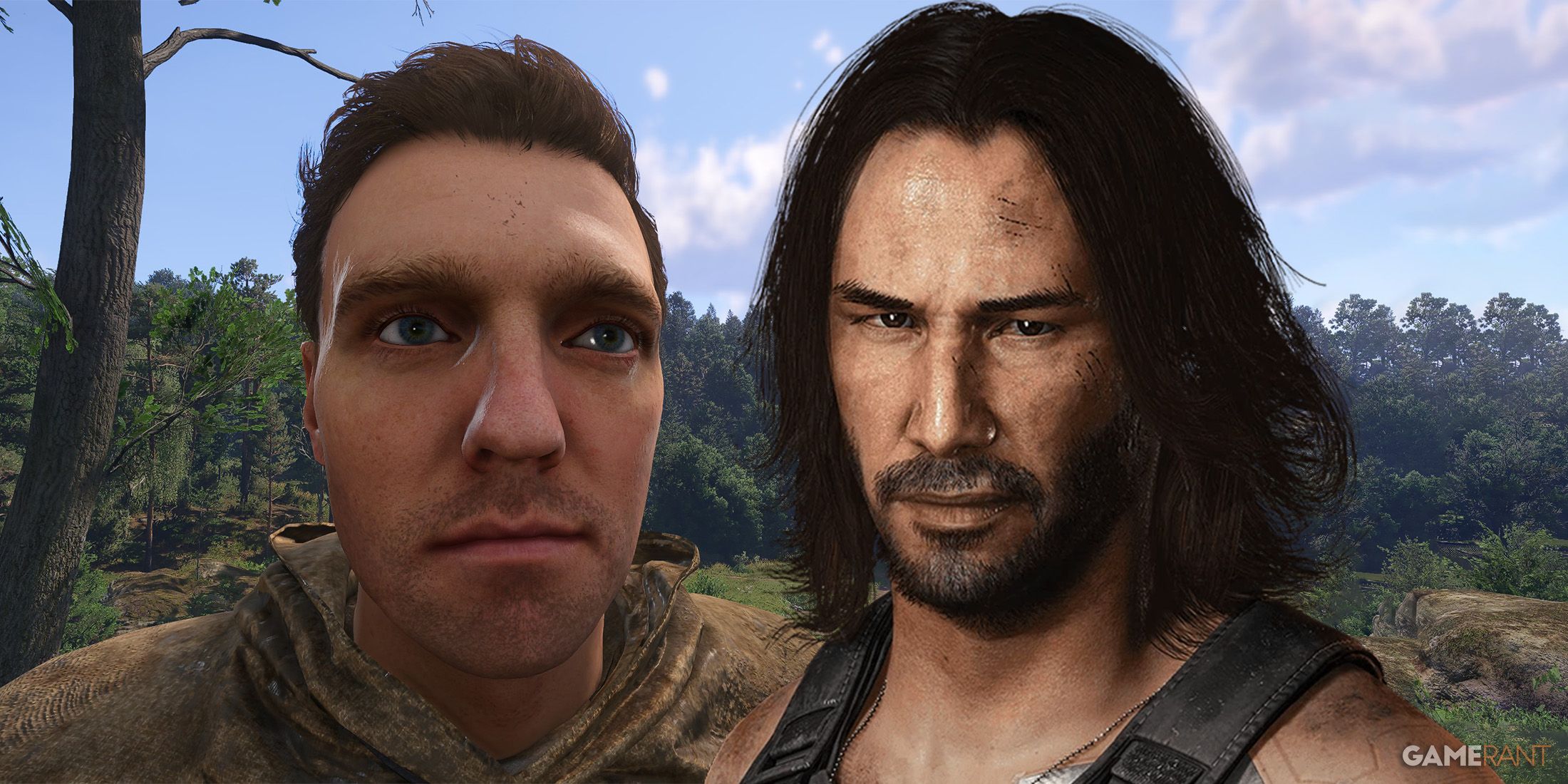
Related
Kingdom Come: Deliverance 2 Has a Cyberpunk 2077 Easter Egg
Warhorse Studios’ hit RPG Kingdom Come: Deliverance 2 contains a humorous Easter egg connection to CD Projekt Red’s Cyberpunk 2077.
Cyberpunk 2077’s World Feels More Alive Than Ever
Night City stands as a meticulously-crafted setting, blending a dystopian cyberpunk aesthetic with immersive environmental storytelling. Unlike many open-world games that prioritize scale over substance, Cyberpunk 2077 offers a dense and richly detailed world where every street, alley, and building has a story to tell.
For instance, the side job “Sinnerman” begins as a routine gig to assassinate a target, but it quickly transforms into a philosophical debate about redemption and free will. The quest leads V to a prisoner who has voluntarily chosen to be executed in a religious broadcast, forcing players to engage with deeper existential questions that tie into the game’s themes of identity and fate.
The latest updates have introduced even more mechanics that reinforce immersion. The Night City Area Rapid Transit (NCART) system now provides functional public transportation, allowing players to experience the city from a street-level perspective. Additionally, improved AI behaviors make NPCs feel more reactive, furthering the sense that Night City is a living, breathing metropolis. Small but meaningful changes, such as an in-game music player and expanded vehicle customization, help transform the game into a more complete RPG experience.
Thematic Depth and Cyberpunk Philosophies Shine
At its core, Cyberpunk 2077 is more than an action RPG; it’s an exploration of cyberpunk themes like transhumanism, corporate power, and identity. The game presents a world where people routinely augment their bodies with cybernetics, raising questions about what it means to be human. V’s journey is defined by the struggle between self-preservation and existential transformation, particularly through interactions with Johnny Silverhand, whose digital consciousness forces V to confront issues of autonomy and identity.
This conflict is especially evident in the quest “Chippin’ In,” where Johnny possibly takes temporary control of V’s body, allowing players to experience firsthand what it means to surrender personal agency. The mission highlights the dangers of losing oneself to technology.
These themes aren’t just presented through dialogue, though, as they are gamified in meaningful ways. Cybernetic implants enhance combat and hacking abilities but also come with risks, reflecting the genre’s warnings about technological dependency. The more cyberware V installs, the more they push the limits of their humanity, a concept deeply tied to cyberpunk storytelling.
The Phantom Liberty expansion expands on these ideas by introducing political intrigue and espionage, further highlighting the blurred lines between human agency and corporate control. Solomon Reed, played by Idris Elba, embodies this struggle, serving as a spy trapped between duty and self-interest. The expansion’s narrative choices feel weighty, reinforcing the game’s emphasis on consequence-driven storytelling.
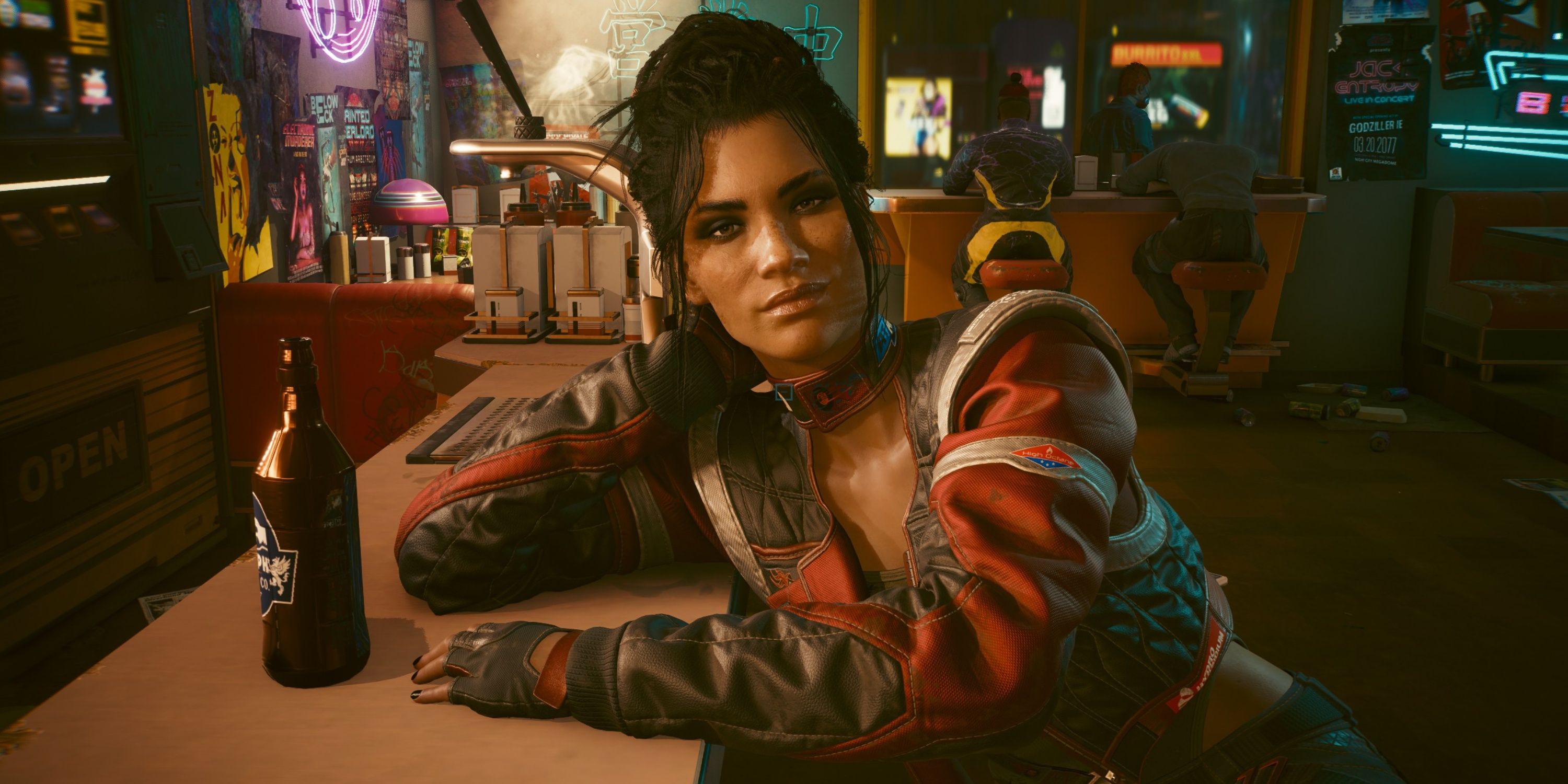
Related
What’s Your Most Controversial Cyberpunk 2077 Opinion?
I preferred the old loot and vendor system where you could find health items and unique weapons and cybernetics in the wild (yes, even if it was kind of OP). Also, vendors had slightly different stock and you’d have to go to a specific one to get your hands on some upgrades. Now it feels redundant, save for a few upgrades you can only find in Dogtown.
Character-Driven Storytelling and Meaningful Choices in Cyberpunk 2077
Few open-world games, arguably, offer character development as nuanced as Cyberpunk 2077. Many of the game’s most interesting stories unfold through side quests, allowing players to form deep connections with characters like Panam, Judy, Kerry, and River. These relationships evolve over time, and choices made throughout the game have thoughtful consequences.
For example, Judy Alvarez’s storyline covers her fight against the exploitation within the braindance industry. If players choose to support her throughout her arc, she eventually leaves Night City, disillusioned by its corruption. This decision has an impact because it directly results from V’s interactions with her, reinforcing the weight of player choices. The updates to Cyberpunk 2077 have only enhanced interactions with such romanceable characters.
The Phantom Liberty expansion elevates the storytelling even further. Dogtown, the new district introduced in the expansion, offers a gripping spy-thriller narrative with intense moral dilemmas. The expansion also introduces additional endings, some of which significantly alter V’s fate, making it one of the most important additions to the game.
Gameplay Refinements and Enhanced Customization in Cyberpunk 2077
One of the biggest criticisms of Cyberpunk 2077 at launch was its limited RPG mechanics. Over time, updates have significantly improved character progression, combat, and customization options. Patch 2.0 reworked the skill tree, making builds more distinct and rewarding. The police system, previously a major weak point, has been completely overhauled, adding chase sequences and more dynamic AI behavior.
For instance, the revamped NCPD system ensures that wanted levels escalate naturally, forcing players to evade law enforcement rather than simply hiding for a few seconds. If V commits crimes in high-security areas, MaxTac units may deploy, resulting in some of the most intense firefights in the game.
Vehicle combat, once a glaring omission, is now a fully integrated feature, allowing players to engage in high-speed shootouts. Additionally, expanded character customization options let players create a V that feels more unique to their playstyle, while improved cyberware systems make body modifications more meaningful.
A Redemption Story Worth Revisiting
The history of Cyberpunk 2077 serves as a testament to CD Projekt Red’s commitment to delivering on its original vision. While the game’s launch may have been a disaster, its evolution over the past few years has transformed it into a standout experience. The lessons learned from Cyberpunk 2077’s development will likely shape the future of the franchise, hinting at even greater possibilities for a potential sequel.
For newcomers and returning players alike, 2025 presents the perfect opportunity to dive into Night City. Whether experiencing the game for the first time or revisiting it with a fresh perspective, Cyberpunk 2077 now delivers on its ambitious promise, proving that even the most troubled launches can lead to something truly extraordinary.
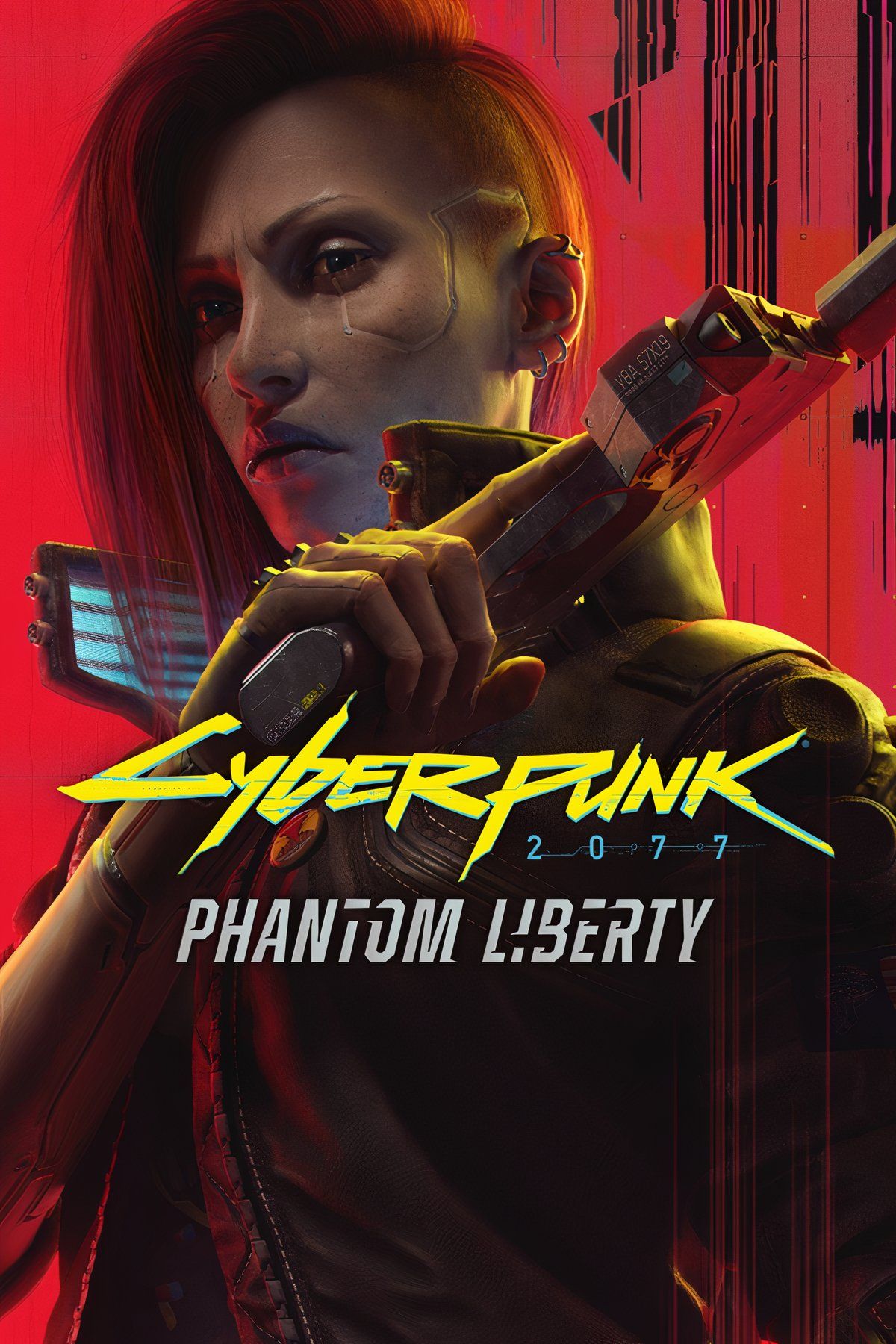
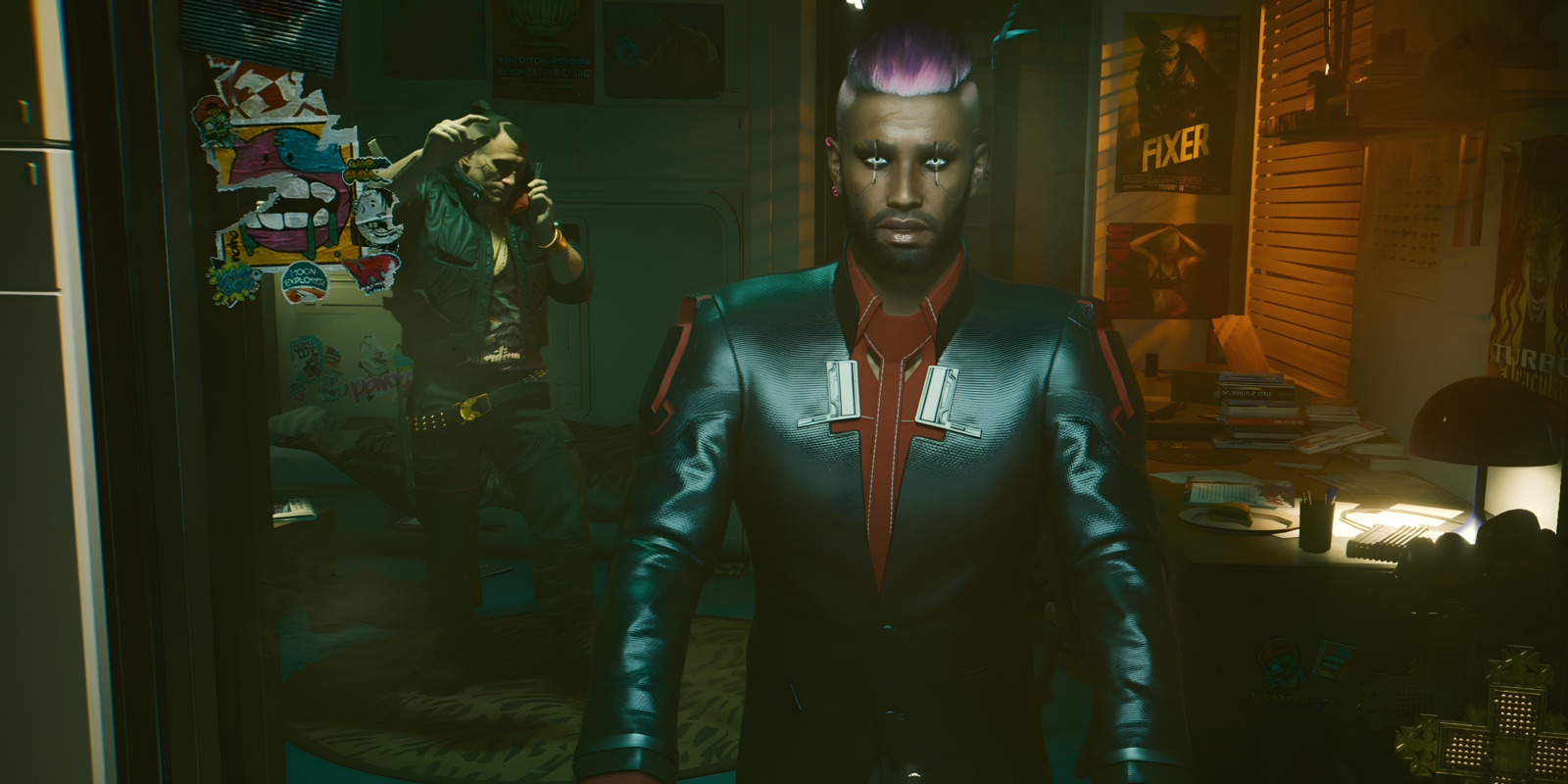
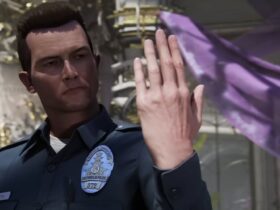





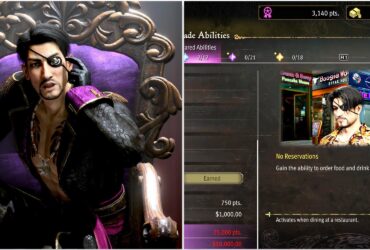



Leave a Reply